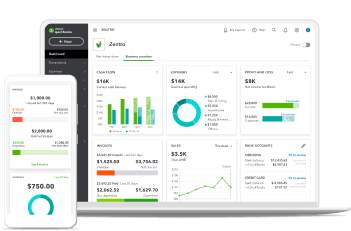While you’re probably dutifully reviewing your cash flow statement each month, there are several key parts to pay extra attention to. For example, is it generating enough positive cash flow or is it time to tweak your business strategies?
For a small to medium-sized business or a startup, this is doubly important as you’ll feel the effects of a poor cash flow sooner. This also means tweaking a poor or inefficient process is much more feasible.
Here are three important factors that determine the health of your finances:
1. Positive Cash Flow from Operating Activities
The foremost requirement of a healthy business is its ability to generate more cash than it spends. Your firm’s core business operations should thus consistently grow your net cash flow over time. Failure to do so would mean your business might have to rely on external financing to keep it afloat, which is not sustainable in the long term.
2. Customers Pay on Time
Late payments frequently contribute to an unhealthy cash flow, as business owners are forced to shoulder unnecessary expenses such as overdraft fees as a direct consequence.
To minimize delayed payments, you should calculate your debtor days (the average time it takes for your customers to pay you) and work out what an acceptable number of debtor days is. Generally, the acceptable number of debtor days will depend on your credit terms and business model, but the lower the number, the better.





